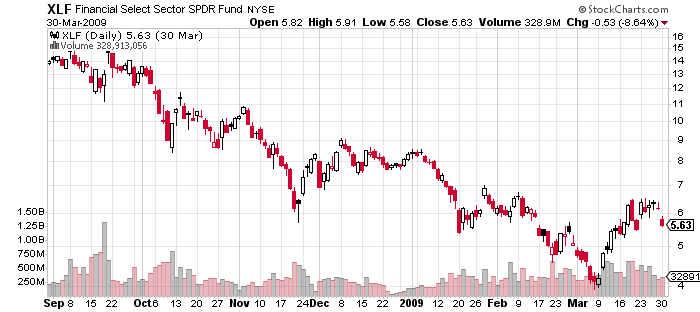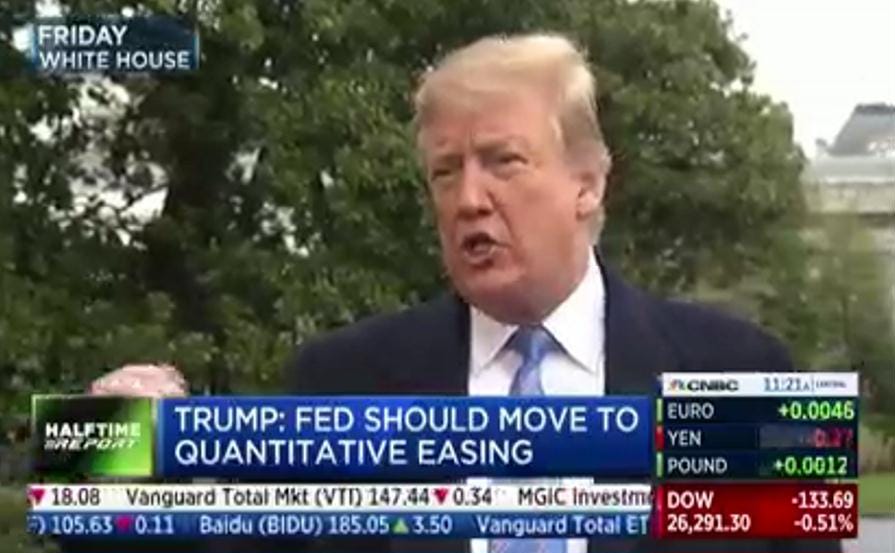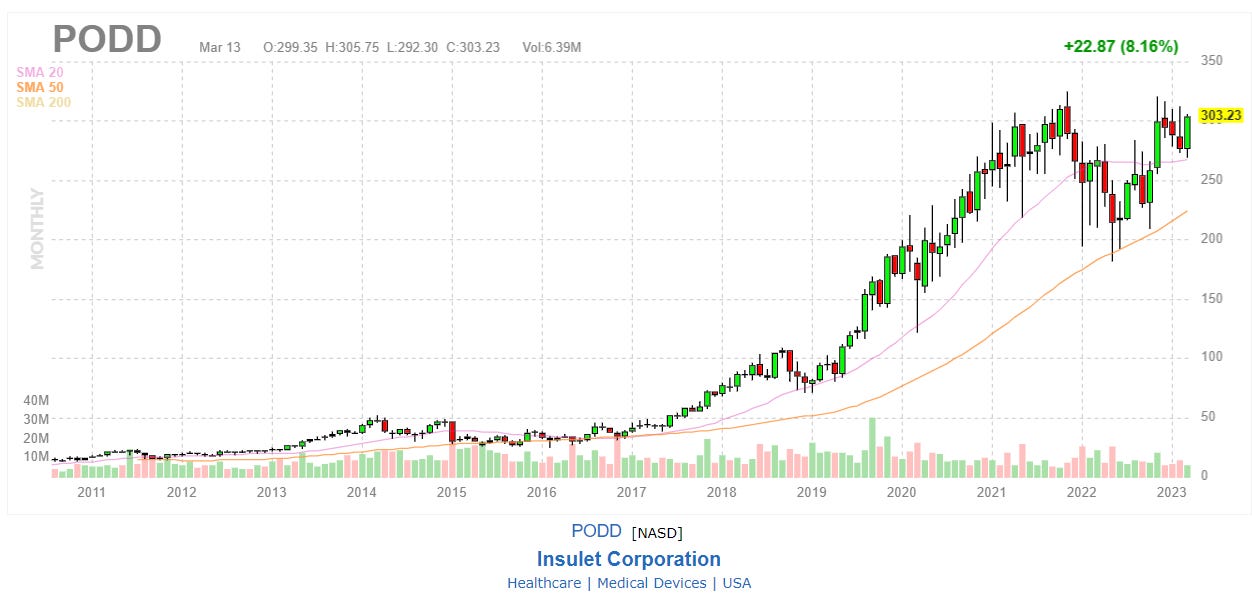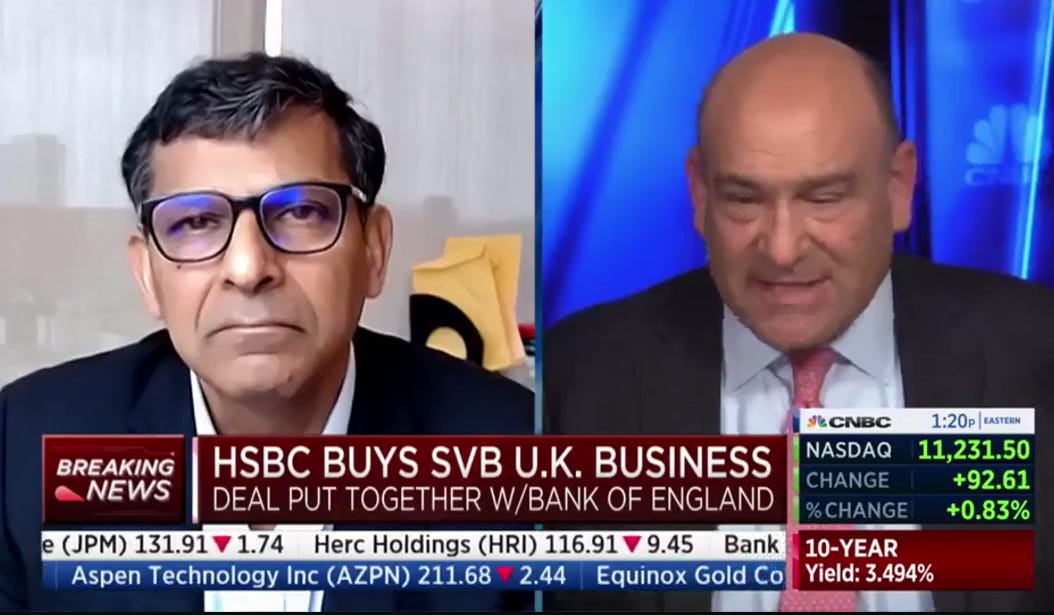The name of the game is 'bailout.'
Are the ATM's still working?
“…so why is our economy failing us? Because the government kept interest rates too low for too long!”
- South Park, Margaritaville, March 25, 2009
The Creature from Jekyll Island (1994)
The operation of our monetary system through the Federal Reserve has much in common with professional football. First, there are certain plays that are repeated over and over again with only minor variations to suit the special circumstances. Second, there are definite rules which the players follow with great precision. Third, there is a clear objective to the game which is uppermost in the minds of the players. And fourth, if the spectators are not familiar with that objective and if they do not understand the rules, they will never comprehend what is going on. Which, as far as monetary matters is concerned, is the common state of the vast majority of Americans today.
Let us, therefore, attempt to spell out in plain language what that objective is and how the players expect to achieve it. To demystify the process, we shall present an overview first. After the concepts are clarified, we then shall follow up with actual examples taken from the recent past.
The name of the game is Bailout. As stated previously, the objective of this game is to shift the inevitable losses from the owners of the larger banks to the taxpayers.
Bunny had a talk with Mr. Irving, who told him that it was the Federal Reserve system at work; a device of the big Wall Street banks, a supposed-to-be government board, but really just a committee of bankers, who had the power to create unlimited new paper money in times of crisis. This money was turned over to the big banks, and in turn loaned by them to the big industries whose securities they held and must protect. So, whenever a panic came, the big fellows were saved, while the little fellows went to the wall.
What occurred is they not only flooded the system with liquidity, and I think it's they talk about CARES Act and what the Fed did with the idea of it's supposed to benefit the individual person on the Street. No, it was really benefiting massive hedge funds in repo markets from forced deleveraging…
They backstopped the liquidity problem, and a lot of people think that's the only problem but in doing so, they've actually once again kicked the can down the road to a much bigger corporate solvency problem.
Ooof!
Stockholm-based Alecta, which oversees more than $104 billion in assets, was SVB's fourth-biggest shareholder at the end of last year with a holding worth $605 million…Alecta is the fifth largest shareholder in First Republic Bank, a position it added to toward the end of last year, and the sixth biggest owner in Signature Bank.
No one remembers anything that happened before March 2009, but the XLF fell about 70% AFTER the September 2008 SEC ban on shorting financials.

Insulet to replace Silicon Valley Bank in the S&P 500 Only 15x sales!
Barney Frank's Signature Bank Compensation by Rational Walk
Here’s an idea (no, I do not think this has any chance of happening)…
To restore real capitalism, put the fear of God back in Wall Street
The trouble with Wall Street isn’t that too many bankers get rich in the booms. The trouble is that too few get poor — really, suitably poor — in the busts. To the titans of finance goes the upside. To we the people, nowadays, goes the downside. How much better it would be if the bankers took the losses just as they do the profits.
Happily, there’s a ready-made and time-tested solution. Let the senior financiers keep their salaries and bonuses, and let them do with their banks what they will. If, however, their bank fails, let the bankers themselves fail. Let the value of their houses, cars, yachts, paintings, etc., be assigned to the firms’ creditors.
Of course, there are only so many mansions, Bugattis and Matisses to go around. And many, many such treasures would be needed to make the taxpayers whole for the serial failures of 2007-09. Then again, under my proposed reform not more than a few high-end sheriff’s auctions would probably ever be held. The plausible threat of personal bankruptcy would suffice to focus the minds of American financiers on safety and soundness as they have not been focused for years.
“The fear of God,” replied George Gilbert Williams, president of Chemical Bank of New York around the turn of the 20th century, when asked the secret to his success. “Old Bullion,” they called Chemical for its ability to pay out gold to its depositors even at the height of a financial panic. Safety was Chemical’s stock in trade. Nowadays, safety is nobody’s franchise except Washington’s. Gradually and by degree, starting in the 1930s — and then, in a great rush, in 2008 — the government has nationalized it.
No surprise, then, the perversity of Wall Street’s incentives. For rolling the dice, the payoff is potentially immense. For failure, the personal cost, while regrettable, is manageable.
Senior executives of Lehman Brothers, Citi, AIG and Merrill Lynch, among other stricken institutions, did indeed lose their savings. What they did not necessarily lose is the rest of their net worth.
In Brazil, which learned a thing or two about frenzied finance during its many bouts with hyperinflation, bank directors, senior bank officers and controlling bank stockholders know that they are personally responsible for the solvency of the institutions with which they are associated.
Let them fail, and their net worths are frozen for the duration of often-lengthy court proceedings. If worse comes to worse, the responsible and accountable parties can lose their all.
The substitution of collective responsibility for individual responsibility is the fatal story line of modern American finance. Bank shareholders used to bear the cost of failure, even as they enjoyed the fruits of success.
If a bank in which shareholders invested went broke, a court-appointed receiver dunned them for money with which to compensate depositors and other creditors. That system was in place for 75 years, until the Federal Deposit Insurance Corp. pushed it aside in the 1930s.
- Jim Grant, Legendary Financial Historian, and my 2024 Presidential Candidate
"When plunder has become a way of life for a group of men living together in society, they create for themselves in the course of time a legal system that authorizes it and a moral code that glorifies it." - Frederic Bastiat
Larry Summers and the Subversion of Economics Charles Ferguson, 2010
Summers remained close to Rubin and to Alan Greenspan, a former chairman of the Federal Reserve. When other economists began warning of abuses and systemic risk in the financial system deriving from the environment that Summers, Greenspan, and Rubin had created, Summers mocked and dismissed those warnings. In 2005, at the annual Jackson Hole, Wyo., conference of the world’s leading central bankers, the chief economist of the International Monetary Fund, Raghuram Rajan, presented a brilliant paper that constituted the first prominent warning of the coming crisis. Rajan pointed out that the structure of financial-sector compensation, in combination with complex financial products, gave bankers huge cash incentives to take risks with other people’s money, while imposing no penalties for any subsequent losses. Rajan warned that this bonus culture rewarded bankers for actions that could destroy their own institutions, or even the entire system, and that this could generate a “full-blown financial crisis” and a “catastrophic meltdown.”
When Rajan finished speaking, Summers rose up from the audience and attacked him, calling him a “Luddite,” dismissing his concerns, and warning that increased regulation would reduce the productivity of the financial sector. (Ben Bernanke, Tim Geithner, and Alan Greenspan were also in the audience.)
Soon after that, Summers lost his job as president of Harvard after suggesting that women might be innately inferior to men at scientific work.
If you’ve never seen Inside Job, here you go:

















I was pulling for you to Elon on Twitter.
Absolutely absurd and unacceptable
The past week has been profoundly demoralizing. It’s not just Ackman, who’s beyond any doubt a charlatan, but many others acting shocked that deposits should ever be at risk, anywhere, ever, and now people are calling for universal, unlimited deposit insurance. We might as well create a nationalized bank and be done with it. A large number of powerful people clearly don’t believe in capitalism. No wonder young people see it all as rigged and want their piece of the action in the form of cancelled student debt.